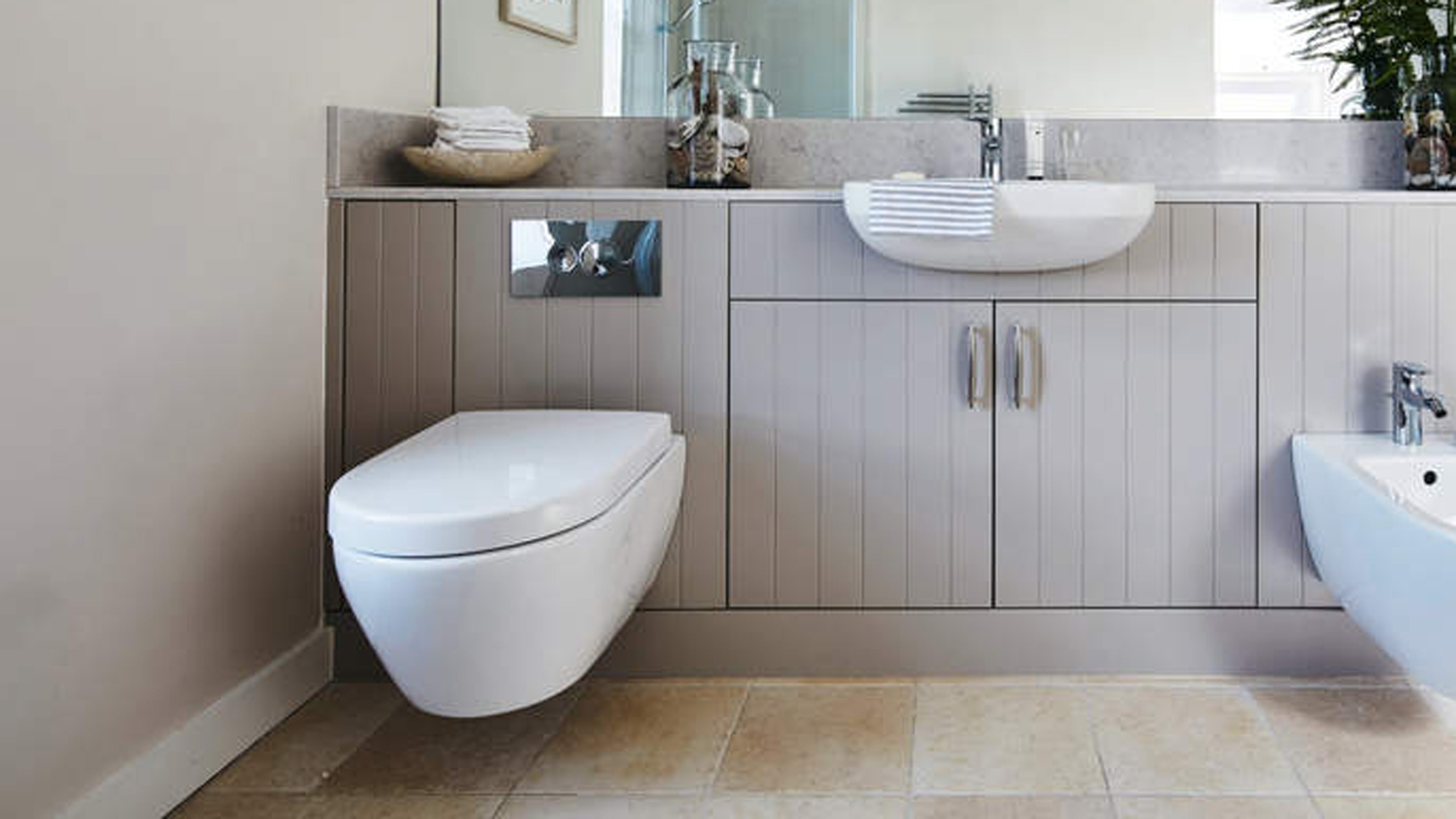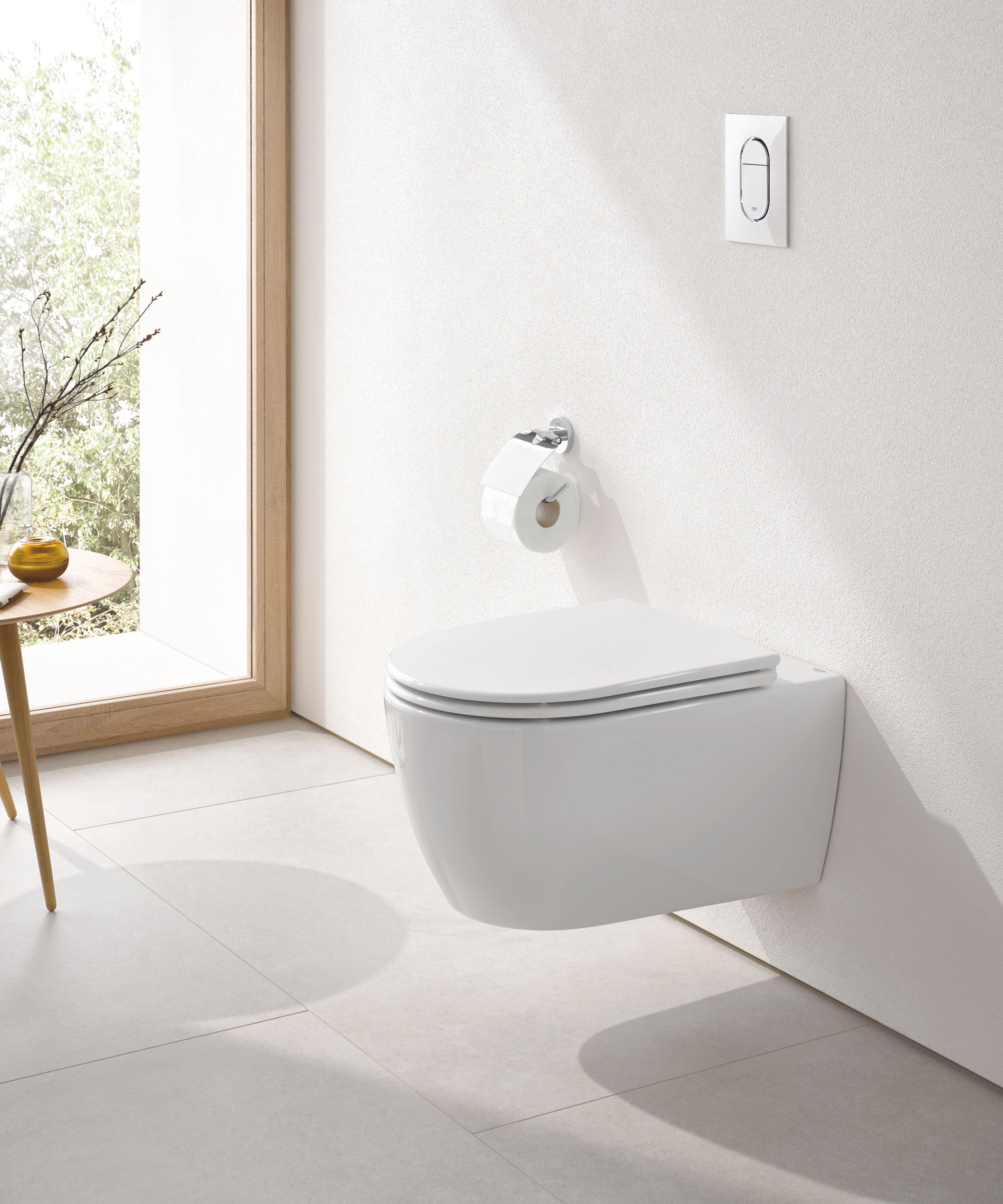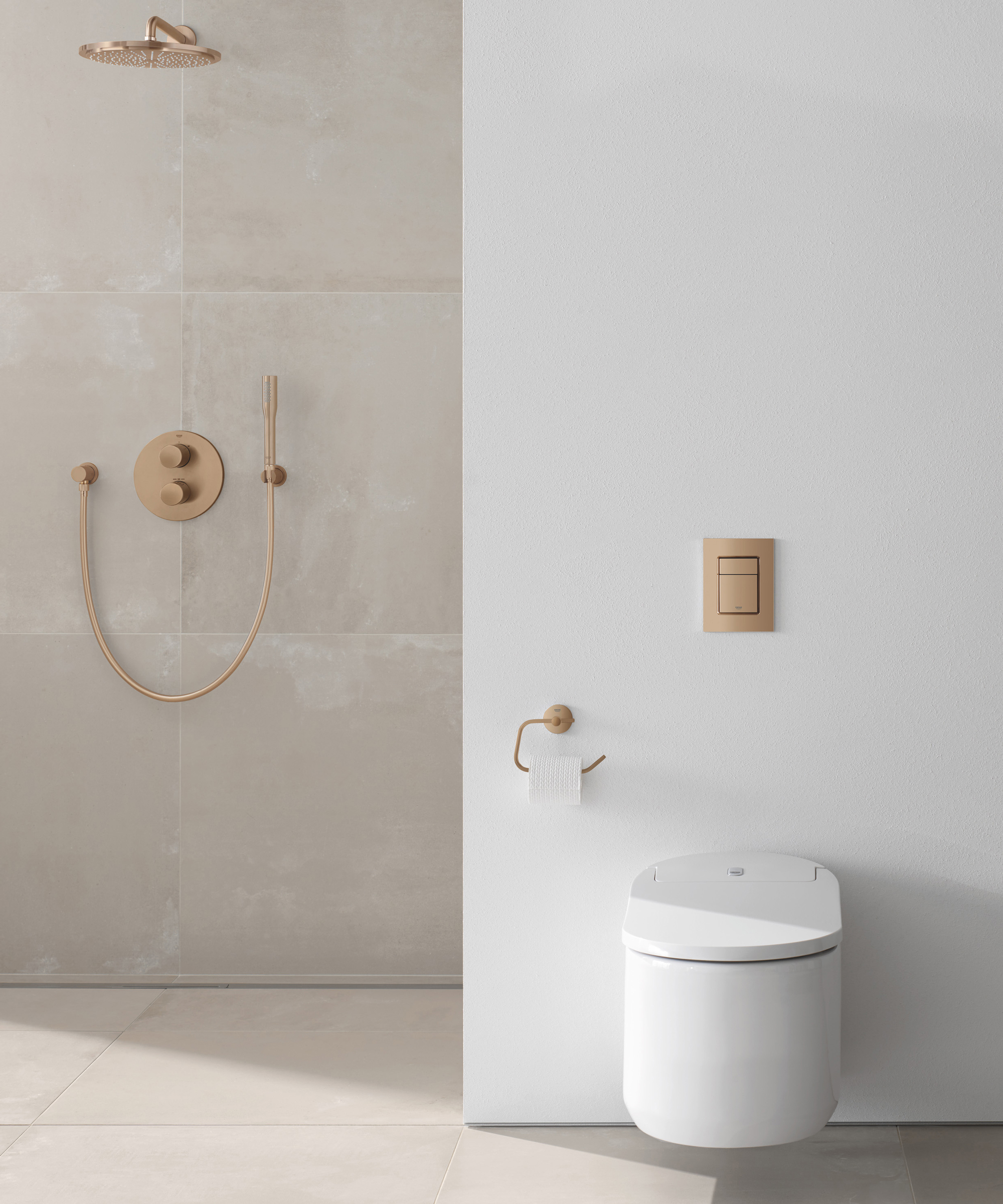How to fix a toilet that won't flush – ASAP and without making more mess
Learn how to fix a toilet that won't flush, without calling the plumber

If you need to know how to fix a toilet that won't flush, you most likely need quick and reliable answers. A toilet that won't flush is a frustrating and unpleasant problem you'll want to fix as soon as possible. Before you rush to call the plumber, though, you may want to try a DIY fix on your own, with the help of our expert advice.
It is likely that you will need to learn how to unclog a toilet, although some non-flushing toilets are not clogged (more on that below). In some cases, you'll need to understand how to fix a toilet flush valve, among other fixes that may be required. Whatever the issue that's causing your toilet not to flush, here's where to start.
How to fix a toilet that won't flush
The truth is that knowing how to fix a toilet that won't flush always requires you to first identify the reason it's not flushing. It's one of those plumbing problems that require you to investigate.
Glen Wojcik, a plumbing and heating expert from Pioneer Valley Environmental, explains that a common reason for a toilet not flushing is that 'a toilet is clogged and will simply not flush due to a blockage.'
If a blockage is indeed causing your toilet not to flush, Glen advises that 'in most cases, a toilet plunger, not a sink or accordion plunger, can be used to dislodge the blockage. It’s important to make sure you have the right plunger that creates a seal when plunging a toilet. Without that seal, no pressure is generated to push or pull the blockage.'
Jake Romano Manager of John The Plumber, adds that 'Oftentimes, something small becomes lodged in the bends and curves of the toilet. When this happens, it partially blocks the water flow, but not completely. To the homeowner, it may often appear that the toilet is functioning, however, it seems to clog more frequently than normal.'
Depending on what is partially blocking your toilet, you may be in luck and not need to do anything – 'sometimes the matter forming a partial blockage will work its way out'. However, Jake cautions that in some cases, 'a small piece of plastic like a lego will remain in the toilet until it's removed by a plumber's snake.'
Get small space home decor ideas, celeb inspiration, DIY tips and more, straight to your inbox!
If you've tried both the plunger and the snake and this hasn't fixed the problem, your toilet might be not flushing due to a faulty flush valve.

How to fix a toilet flush valve
Jake explains that 'if the fill valve isn't working, your toilet tank may not be filling. If there's no water in the tank, then there's nothing to power the flush. Simply open the tank and check if there's water inside.'
If there's no water in the tank, you will need to replace the flush valve with a new one. Simply turn off your water supply, unscrew the valve with a wrench, and install a new one. If you're not a competent DIYer and don't really understand how bathroom plumbing works, it is best to call a plumber to replace your flush valve.

Why won’t my toilet flush if it isn’t clogged?
There are several other potential reasons why a toilet won't flush even though it's not clogged. Glen explains that 'if the toilet is not clocked or there is no blockage, there could be an issue where not enough water is used to push through the waste beyond the toilet trap. The trap is a bend in the toilet drain that keeps a small amount of water inside to prevent sewage gases from entering your home. When there is not enough water to push through the trap, the toilet won’t flush.'
The reasons for this problem 'could be due to a leak in the tank, or the float inside the tank is not letting the water refill it. Low-flow tanks will only use about 1-1.5 gallons of water per flush. And when the tank is not fully filling, it will affect flushing.'
It could also be something as simple as 'the water supply is shut-off, and this can be remedied by fully opening the water supply found behind the toilet, usually on the same side as the toilet handle.' If you've just moved home, this could be the issue.
Jake also adds that some people don't know that 'the water level in a toilet can be adjusted' and accidentally 'change the water level without realizing it. If there isn't enough water to power the flush, your waste isn't going to go where it needs to go!'
Jake also alerts homeowners to the potential of the chain that helps lift the flapper becoming disconnected: 'open the tank lid and make sure that the chain is secured to the flapper and the handle. If it's connected, test the handle and watch. If the chain has too much slack, you may need to shorten the chain!'
Finally, sometimes, 'mineral buildups block the little holes around the rim. If the water flow is restricted by grub in these little holes, it may restrict the power and prevent a strong flush.' If this is happening, your toilet may need an industrial descaling solution – a job best left to a professional who will have the right chemicals.

Why does my toilet lack power when flushing?
This is a related but slightly different problem: your toilet does flush, and there is water in the tank, but it doesn't seem to flush fully, or there isn't enough power to flush properly. If you've already checked the water levels and made sure that you haven't accidentally adjusted water levels to low, there's likely a different issue preventing your toilet from flushing properly.
David Mason, the owner of home solutions company The Knobx, explains that 'When the toilet lacks power or does not flush fully, it is usually because there is something stuck in the impeller. The impeller creates the suction that pulls the water and wastes down the drain. So, if something is blocking it, the toilet will not flush properly.'
To fix this problem, 'you will need to remove the cover of the toilet tank and clear any debris from the impeller. You can do this by reaching in and manually moving it around. If it is difficult to reach, you can try using a coat hanger or other small tool to dislodge the obstruction. Once the impeller is clear, reattach the cover of the tank and try flushing the toilet again.'
Anna is a professional writer with many years of experience. She has a passion for contemporary home decor and gardening. She covers a range of topics, from practical advice to interior and garden design.